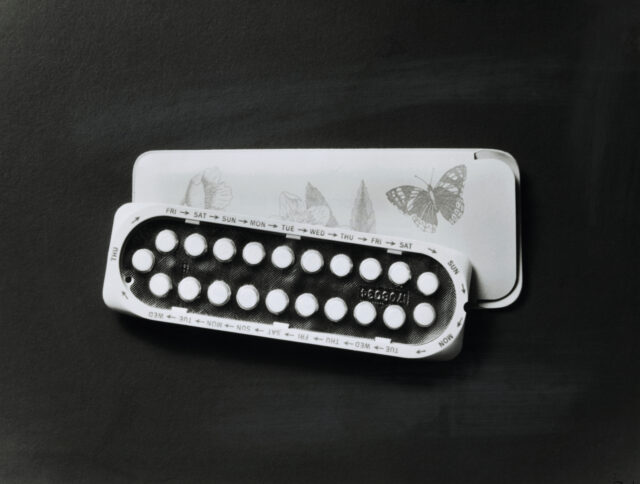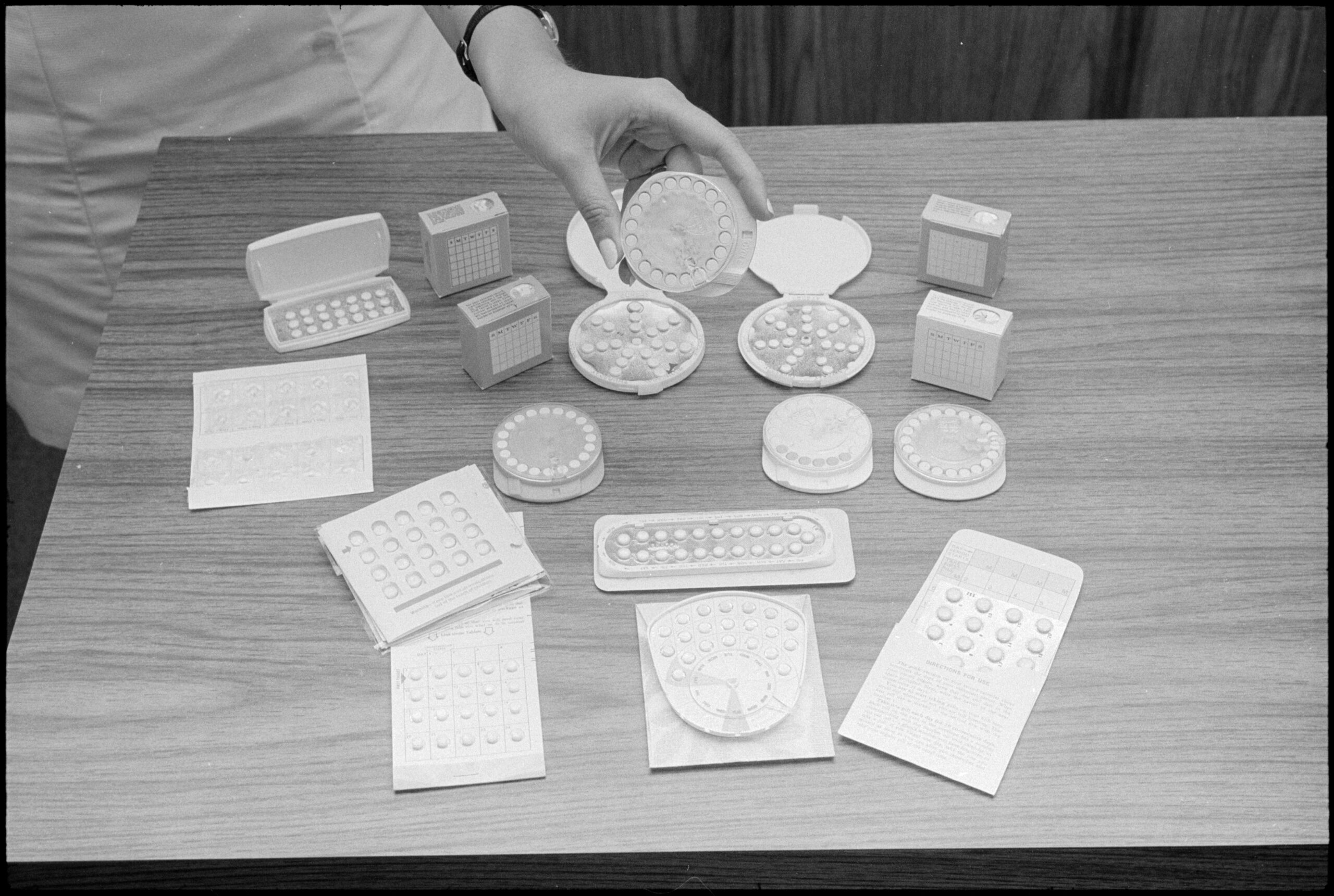The U.S. FDA Approves the First Commercial Birth Control Pill
On May 9, 1960, there was a significant moment in reproductive health: the United States Food and Drug Administration’s (FDA) approval of the first commercially produced birth control pill. This groundbreaking development, often referred to as “the pill,” was the result of collaboration between birth-control pioneer Margaret Sanger and biologist & philanthropist Katharine McCormick. Sanger, known for establishing the first U.S. birth-control clinic in 1916, sought a more practical and effective contraceptive solution.
In the early 1950s, biochemist Gregory Pincus of the Worcester Foundation for Experimental Biology embarked on developing this revolutionary pill after Sanger and Pincus were introduced at a dinner party where she implored him to join in her fight for more accessible and effective contraceptives. By 1954, clinical trials began, with Pincus joining forces with Dr. John Rock of Massachusetts, a gynecologist who was already testing progesterone on his infertile female patients. With the goal of testing the long-term effects of their drug on the reproductive system, the pair embarked on what is sometimes referred to as the “Boston Pill Trials.” The trials tested the oral contraceptive on a group of 50 infertile patients from Rock’s clinic, as well as 12 female & 16 male psychiatric patients at Worcester State Hospital. After years of testing and trials, the pill was deemed a worthy product, and in May 1960, the U.S. FDA granted approval, marking a significant stride toward reproductive freedom for American women.

Prior to the pill, contraception options were limited and unreliable, often relying on methods like condoms or withdrawal. The pill’s approval transformed this landscape, offering a highly effective and discreet alternative with a failure rate of less than 1%. Women gained newfound control over their reproductive health, enabling informed family planning decisions. Beyond its medical impact, the birth control pill sparked a cultural revolution, challenging societal norms regarding sexuality, gender roles, and women’s rights.
More from us: Historical Methods of Birth Control That Have Not Aged Well
Would you like to see more historical content from The Vintage News? What if we sent it directly to your inbox weekly? Sign up here to receive our weekly newsletter
This day stands as a milestone in reproductive health and gender equality, underscoring the importance of access to safe and effective contraception. On May 9th, let us honor the visionaries who championed reproductive rights and strive for continued advocacy to ensure universal access to contraception.
